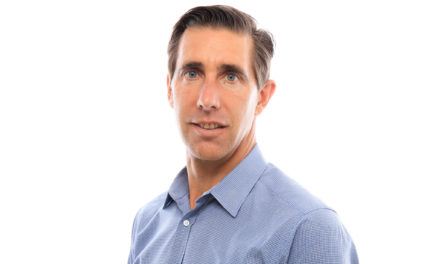When the United States entered World War II in 1941, the federal government immediately decreed that distillers switch to producing neutral, high-proof ethanol, which was essential in making ammunition and synthetic rubber. Overnight, the beverage distilling industry switched gears to become industrial alcohol producers.
In this year’s abrupt war against Covid-19, distilleries have also stepped up and set about making essential hand sanitizer—a lot of it—that is a key weapon in fighting the disease.
In late March, when the virus’s upward curve in North America grew steeper, nearly three-quarters of all craft distillers started making or planned to make sanitizer, or were supplying hospitals and compounding pharmacists with ethanol to produce their own. (This according to a survey by the American Craft Spirits Association, ACSA.) Note that this swift pivot wasn’t in response to a government mandate, as in WWII. In fact, the distilleries were initially vexed by government regulations. With a change of product, distillers were essentially leaving the republic of the TTB and crossing into the territory of the FDA. (Some even stepped into EPA terrain if they chose to produce spray sanitizer.)

Desert Door Distillery in Driftwood, Tex., switched gears to produce hand sanitizer during the pandemic lockdown.
The public is often mesmerized by bubbling fermenting vats and all the magical copper at craft distilleries. But few understand that the real superpower of distillers is their ability to navigate dense thickets of paperwork and red tape.
The Secretary of Health and Human Services declared a public health emergency on January 31, 2020, which accelerated a run on sanitizer. When cases worsened a few weeks later, those on the front lines—hospitals and first responders chief among them—were strapped to find ready supplies.
The main ingredient of sanitizer is high-proof ethanol, which is something distillers were in the position to immediately produce in significant quantity. It’s the same alcohol as in spirits, but also not; most high-proof ethanol is denatured (purposefully made unfit to drink). The stumbling block is that the production of regular and denatured alcohol are both permitted and taxed differently.
The industry mobilized, with ACSA and the Distilled Spirits Council of the United States (DISCUS) pressing the feds for swift change. Moving with greater nimbleness than usual, the TTB announced on March 18 that, through the end of June, it would “waive provisions of internal revenue law with regard to distilled spirits” to allow anyone with a distilled spirits producer’s license to start making hand sanitizer or ethanol for use in hand sanitizer.
The FDA also quickly opened its gates, noting “the agency does not intend to take action against manufacturing firms that prepare alcohol-based hand sanitizers for consumer use and for use as health care personnel hand rub.”
There was still one catch: If the alcohol being used in making hand sanitizer was not denatured, then the usual federal excise tax applied. (As of this writing, both DISCUS and ACSA were lobbying to have the tax distinction erased.)
It’s as yet uncertain how the Covid-19 economic disruptions will play out in the craft distilling world. Most agree it won’t be pretty. But this emerging industry—now numbering nearly 2,000 producers—has long worked to show the nation’s politicians that manufacturing is still alive and viable, even in parts of the country where manufacturing losses have been steep in recent decades. Now it has shown that distilling not only serves a vital economic role, but that, under duress, it can pivot and provide other essential services in a national emergency.
While each distillery may be small, collectively the industry shows creativity and might. What’s more, the great majority of distillers have been giving away their product to those who need it most; others are providing sample-size bottles for free to their customers or the public. The industry is part of a community.
Bottom line: If you’re looking for innovation, sometimes it comes not from a single genius, but from the collective genius of many.










